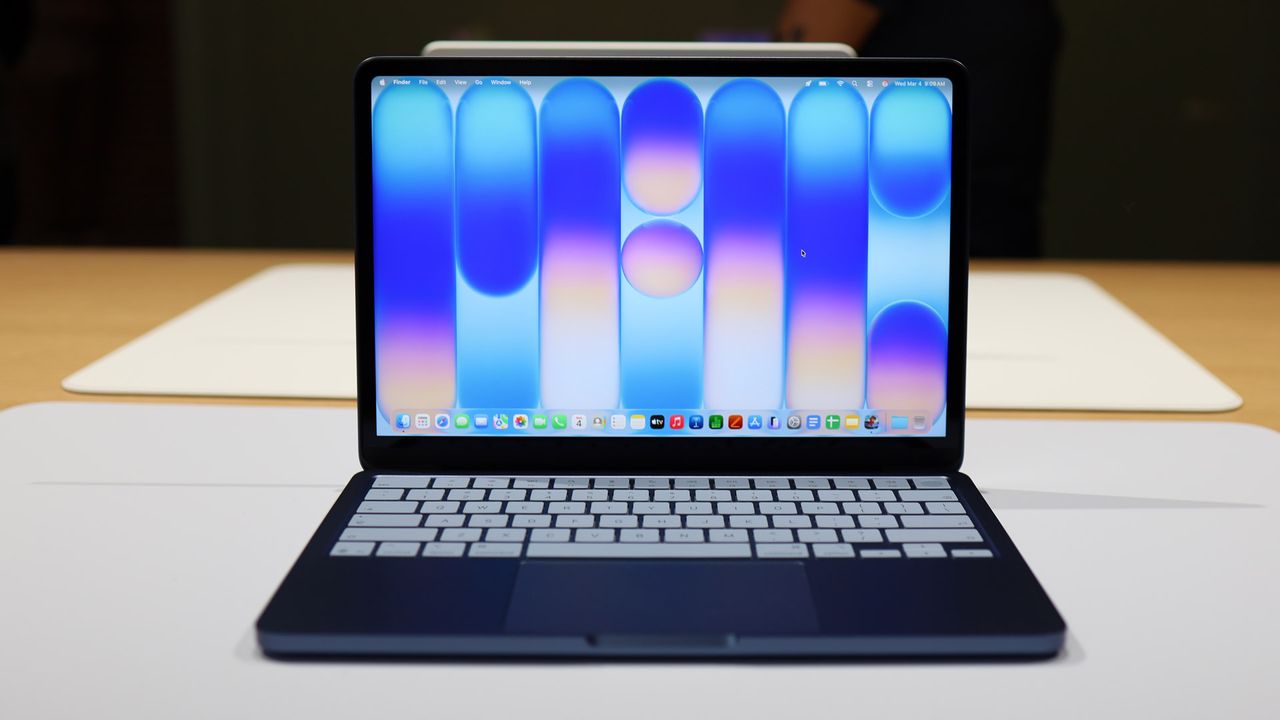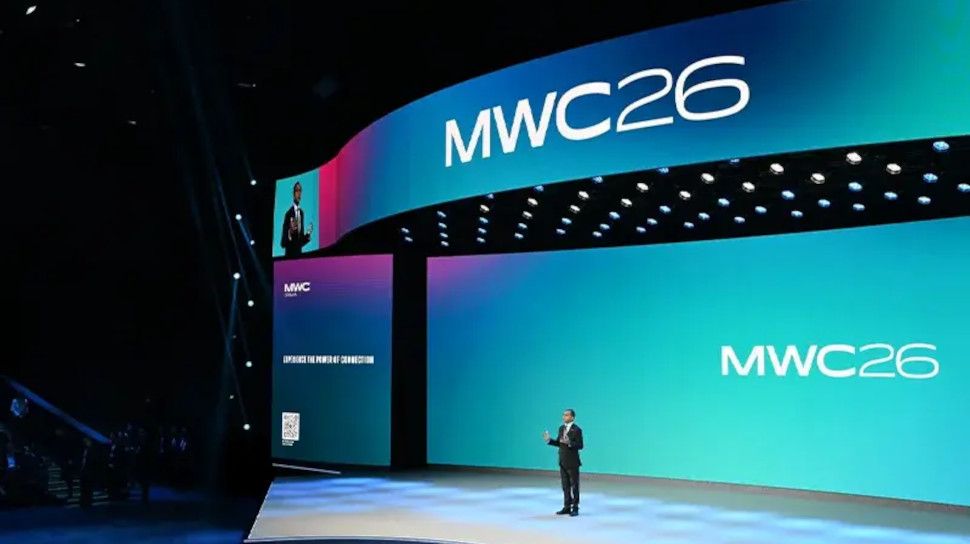
For a few weeks now, reports have confirmed (not just speculated) that Sprint and T-Mobile are in negotiations to merge their businesses. This would see them form one large telecom company as soon as the end of October. They have tried this before, but those attempts have been thwarted by regulators. Analysts, however, are predicting that this time might be different. How will it be different? Why will it be different? What does this mean for the consumer exactly?
Back in 2011, the Department of Justice (DOJ) and the Federal Communications Commission (FCC) rejected a proposed merger between AT&T and T-Mobile. In fact, mergers involving both T-Mobile and Sprint were rejected during the Obama administration. Technically, it wasn’t so much of a rejection as it was the beginning of the rejection process. The two parties then decided to withdraw their applications before records about the merger could be made public. Sounds nefarious, doesn’t it? The DOJ had argued that despite the companies’ claims, this merger wouldn’t be good for competition and could turn the market into two players. At the time, those two players, according to the DOJ, would be AT&T/T-Mobile and Verizon.
What’s interesting is that the DOJ didn’t consider Sprint to be a viable competitor in all of this. And Sprint wasn’t doing so great at the time. And they’re honestly still in a distant fourth place at this point. In 2012, they were considering bankruptcy. Sprint’s parent company – Softbank, and T-Mobile’s parent company – Deutsche Telekom had been talking about a merger. Their argument is that neither companies would survive without combined strength. But they decided against the deal as they didn’t think the deal would go through.

The thing is – all of these companies were complaining that they couldn’t be competitive without a merger. And in every case, they figured out how to be. What’s interesting is that the companies have all been successful, despite these claims. And in spite of the fact that the DOJ and FCC didn’t believe that they had claimed in the first place. The regulators told these companies to suck it up, and they managed to come out on top. Which shows that competition is working.
So why is this a good time for a merger? Well, Trump is why. Kind of. Trump wants this deal to go through and if it was up to him, it would have already. But Trump doesn’t get the final say, thankfully. But unfortunately, the agencies that will be reviewing the deal don’t seem to care what big businesses do. In fact, they let them do whatever they want. There have been some empty seats on the Federal Trade Commission’s Board, so it’s possible that some people were replaced with supporters of this kind of merger.
Who wins in all of this? In 2014 Sprint was looking to buy T-Mobile. But now it’s kind of the other way around. If this merger takes place, T-Mobile’s parent company – Deutsche Telecom – would be running the show. It’s also rumored that T-Mobile CEO John Legere would be sticking around. Which doesn’t sit well with everyone. But he has turned T-Mobile around, so he’s doing something right.
This might not actually take place in October. Why, exactly? Well, some financial analysts believe that T-Mobile could sit back and wait for Sprint’s stock to fall in price. Which is kind of a shady move, but it also might be good for T-Mobile. And what does this mean for customers? Well, it’s hard to say. You will now have fewer options when it comes to where you buy your cell phone. There is the theory – the more options the better. I do often say that I like choice. I like options. Having only two or three companies to choose from doesn’t really make me feel good about those options. This might not happen. There is a slight chance that it won’t. But only slight. This is one of those “wait and see” situations as there isn’t much we can do either way.



